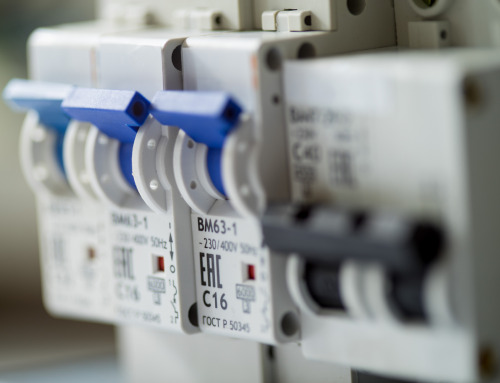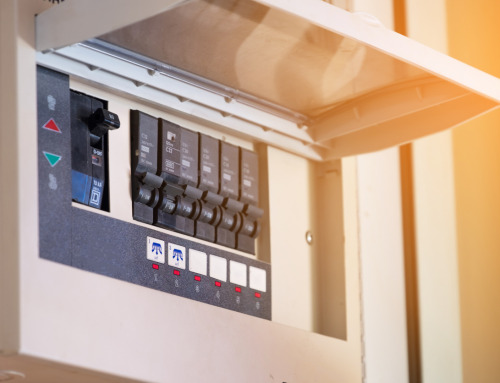Electrical tag and testing are important in every business – but how does it apply to yours?
This week, we are focussing on commercial kitchen safety and how you can make sure you are prepared. When it comes to electrical safety, preparation is the key.
At the beginning of April, a NZ worker in a butcher shop received an electric shock and was hospitalised. Thankfully, they were discharged after treatment at Auckland City Hospital. The shock came from an electric freezer and left them in a serious condition.
WorkSafe said it was not investigating Monday’s incident and said the business would be completing its own internal investigation. This investigation will be submitted to WorkSafe for review.
If WorkSafe finds that the business was negligent, they could face fines from $10,000 to $50,000. To make sure your business isn’t left in a vulnerable position, you need to have your equipment tested and tagged. This minimises the chance of faulty equipment injuring your staff. It also means that you have the paper work to prove you did as much as you could do to make sure your business was safe.
So, how can you prepare your business? Commercial kitchen safety (or safety for food preparation businesses) can be implemented with the following guidelines.
Commercial Kitchen Guidelines
Follow these tips to manage health and safety in the workplace. Please note that as electrical safety experts, we are going to focus mainly on energy safety. Visit the WorkSafe website to find out more about all areas of workplace safety.
Appliance Testing
If it plugs in, you need to have it tested. This includes white goods like freezers, fridges, and dishwashers. All of your food preparation and cleaning equipment should be tested regularly to make sure it is safe to use. If it doesn’t have an inspection tag, it shouldn’t be in use.
Water Safety
Commercial kitchen safety can be tricky to manage. Kitchens are chaotic places. Having a lot of electrical appliances, water, and heat in the same place can be a recipe for disaster. Ensure that if your staff are using electrical appliances, that they use a power point that is not near a water source. If there are any spills near larger appliances (like fridges and freezers) make sure you turn them off at the wall and clean up the water. Don’t turn them back on unless the water is gone.
It is a good idea to have rubber mats down on your kitchen floor. These are great for back and foot support as well as an extra safety measure. Rubber helps insulate electricity and minimise the intensity of an electrical shock.
RCD Testing
If a fault or a shock is detected in your building, a residual current device will detect it and shut off the electricity. This fast-acting switch can mean the difference between life and death. They do require regular inspections to make sure they are able to detect any faults as soon as possible.
Fire Safety
We have a whole suite of services under our fire safety brand designed for commercial kitchen safety. Fire blankets and extinguishers are particularly important for kitchen environments. Blankets are designed to deal with cooking fires as well as clothing fires. Extinguishers are great for structural fires.
Contact Jim’s Test & Tag Today
Make sure your kitchen is safe today with Jim’s Test & Tag. We are your local electrical safety experts.
Fill in the online form or give us a call for a free quote.







